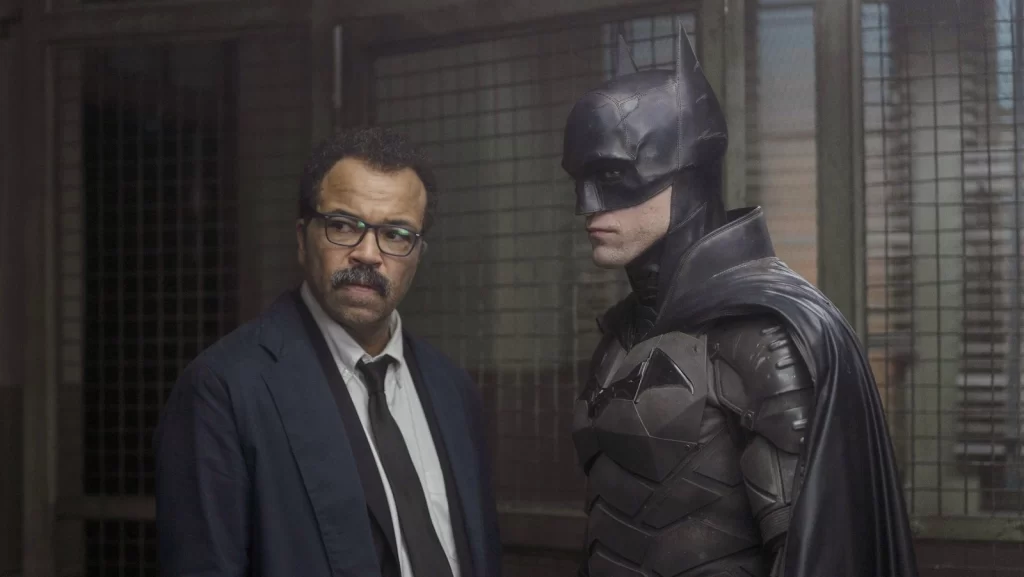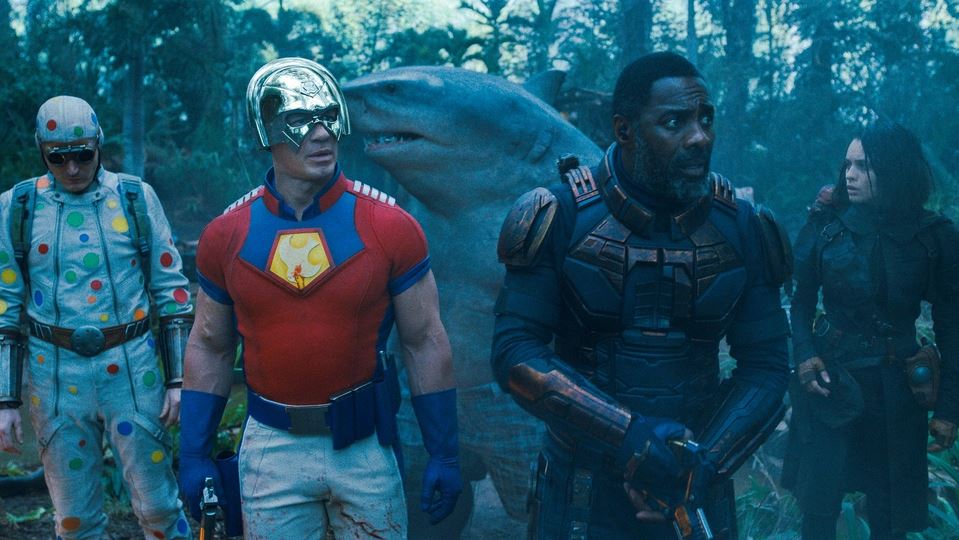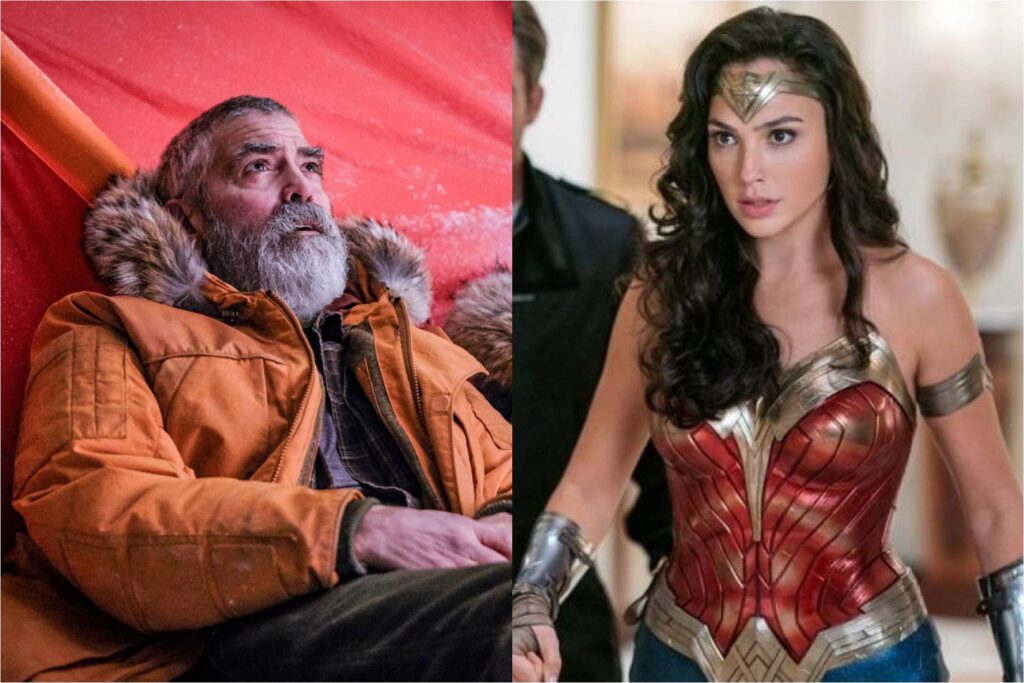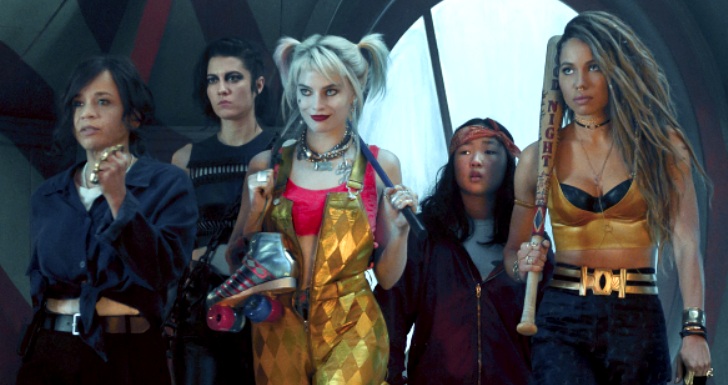Blue Beetle: Say No to Bugs
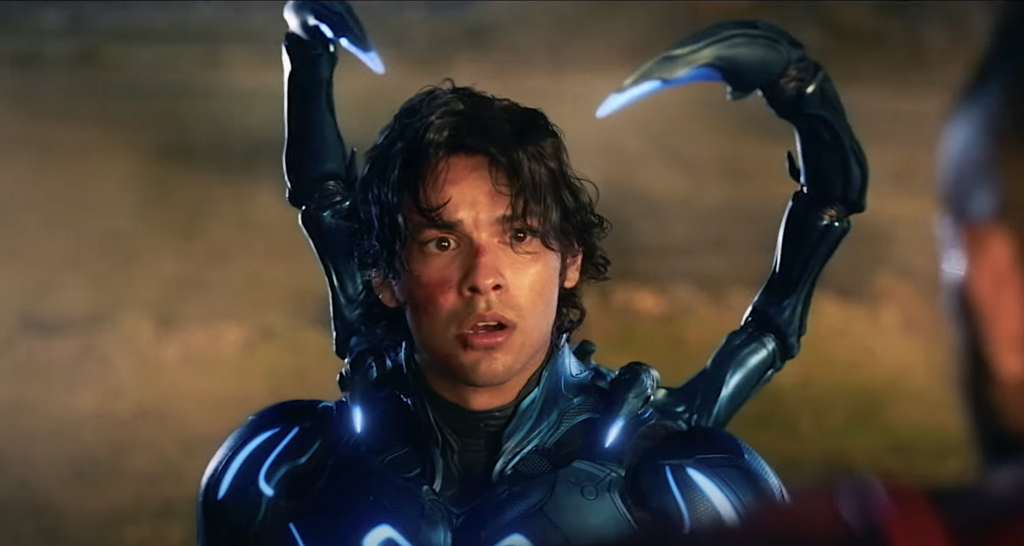
It feels reductive to label Blue Beetle “the Latinx superhero movie.” But reduction is now the superhero industrial complex’s specialty. Marvel and DC are technically competitors, but their shared universes have operated in tandem, systematically shrinking the field of blockbuster cinema into a carefully cultivated, self-sustaining formula. The studios haven’t wholly eradicated visual imagination or provocative storytelling—search for a well-made comic-book production, and you need only flip the calendar back three months—but those qualities are now secondary, subservient to the commercial imperatives of franchise continuity and fan service. Artistic personality is no longer a goal, just a potential bonus.
So yes, Blue Beetle is the Latinx superhero movie. And it’s not awful! Contrary to DC’s corporate blueprint, its main attraction isn’t its athletic showmanship, its flashy special effects, or its obligatory world-building. (Superman and the Flash, along with their fictional cities of residence, are notably name-checked, as though the script is contractually preserving the right to let its characters play with the big boys in a future sequel.) It is instead the Reyes family, a tight-knit clan of Mexican-Americans who live in a boisterous Texas enclave within the (similarly fictional) Palmera City. Bustling with activity and affection, the Reyeses are rich in love and poor in everything else. When prodigal son Jaime (Xolo Maridueña), a recent college graduate (“How do I look?” “Like you’re six figures in debt”), returns home in ostensible triumph, he encounters a parade of terrible happenings: He’s at risk of losing his ancestral house (“The landlord tripled the rent”), his father’s long-running body shop is defunct, and his now-unemployed dad (Damián Alcázar) recently suffered a small heart attack. Read More

